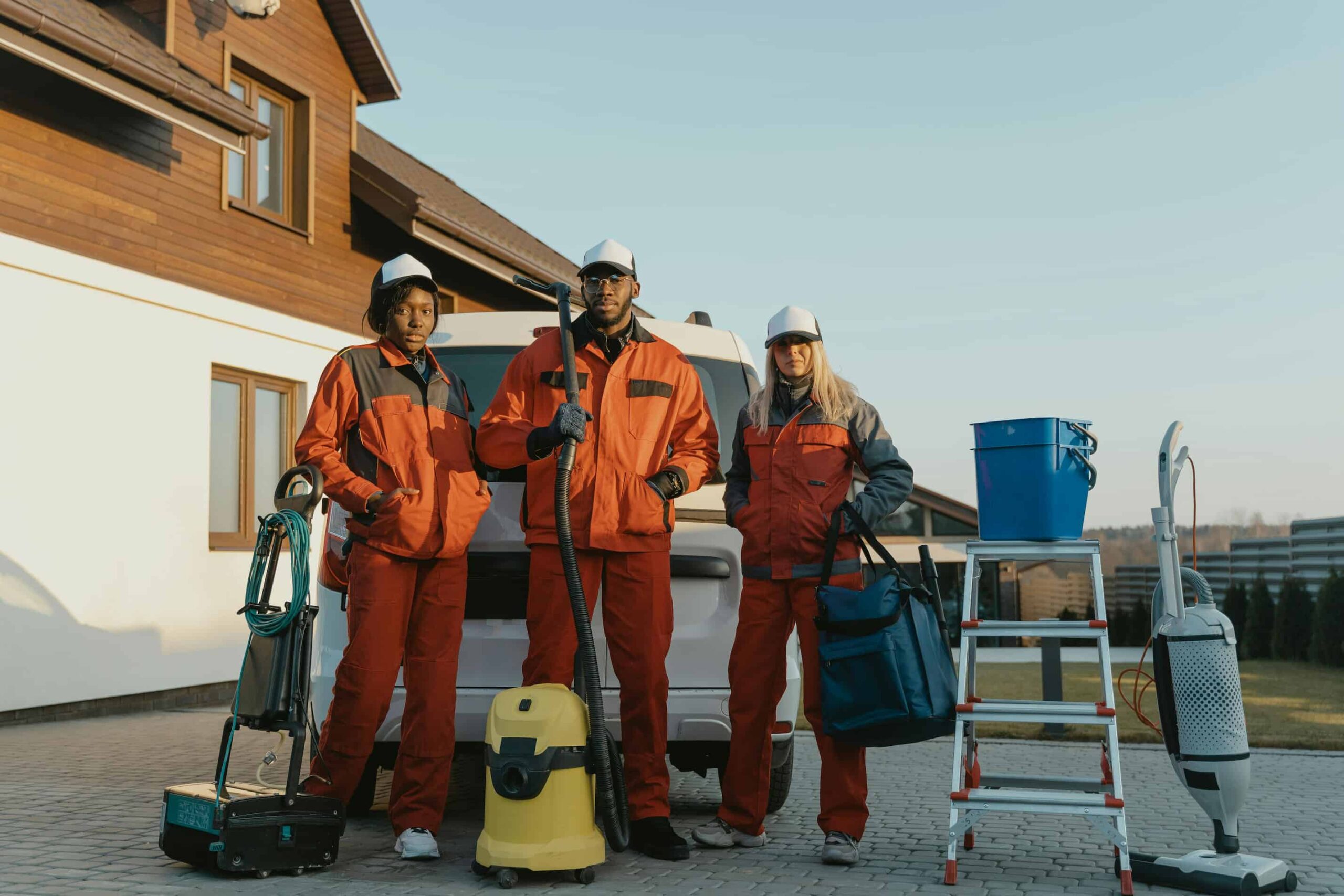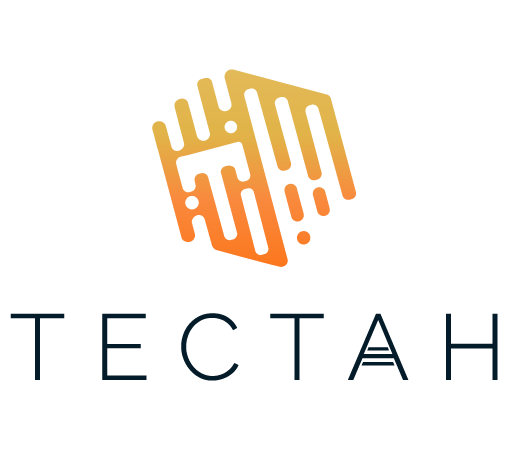Starting a cleaning business can be a profitable and rewarding venture. It’s an ideal choice for many aspiring entrepreneurs with low startup costs, flexible working hours, and wide market demand. Whether you’re looking to establish a residential cleaning service, a commercial cleaning agency, or a specialized cleaning company, this guide will walk you through every step. From initial planning and costs to legal requirements and effective marketing, here’s everything you need to know to get your cleaning business off the ground.

What Does Your Business Need Help With?
Get in Touch
Why Start a Cleaning Business?
Cleaning services are essential in today’s fast-paced world, with individuals and businesses seeking professional cleaning solutions for homes, offices, and specialized areas. Demand is high and consistent, meaning there’s substantial room for growth and profitability, especially in the UK, where the market is competitive yet lucrative.
Whether you’re planning to open a one-person operation or eventually expand into a team-based service, this guide will answer your questions and equip you to take the first steps confidently.
Types of Cleaning Businesses to Consider
One of the first decisions to make is what type of cleaning business you want to start. Here are the most common categories:
- Residential Cleaning: This includes home and apartment cleaning services, focusing on routine tasks like dusting, vacuuming, mopping, and bathroom cleaning. It’s typically contracted on a weekly, bi-weekly, or monthly basis.
- Commercial Cleaning: Office and business spaces require regular cleaning, often during off-hours, to avoid disrupting business. Services range from basic office cleaning to specialized tasks for hospitals, warehouses, and other facilities.
- Specialized Cleaning: For niche markets, consider services like carpet cleaning, window washing, move-in/move-out cleanings, and post-construction clean-up. Due to the equipment and expertise required, specialized cleaning often commands higher rates.
- Housekeeping Services: These services go beyond typical cleaning by including laundry, organizing, and sometimes shopping. Housekeeping is usually a regular, long-term commitment with clients.
Each type of cleaning business has unique demands, so consider your skills, preferences, and market research findings when choosing.
Costs of Starting a Cleaning Business
Estimating the costs involved is essential for planning and budgeting. Here’s a breakdown of the typical expenses you’ll encounter:
Startup Costs
- Equipment and Supplies: Basic cleaning supplies like mops, brooms, cloths, disinfectants, and specialty cleaners for various surfaces. If you’re doing commercial or specialized cleaning, consider investing in more advanced equipment like carpet cleaners or floor polishers.
- Transportation: A reliable vehicle is essential for reaching client locations. Fuel, maintenance, and potential branding on the vehicle are other costs to consider.
- Marketing and Branding: Initial costs for building a website, printing business cards, and possibly running ads or creating a social media presence.
Ongoing Costs
- Supplies and Restocking: You must purchase cleaning supplies, protective gloves, and uniforms regularly.
- Insurance: Liability insurance protects you if something is damaged during cleaning or a customer gets injured. This is crucial for building trust with clients.
- Employee Wages: If you hire employees, factor in wages, taxes, and benefits.
Additional Costs
Some hidden costs to prepare for include licenses, legal fees for setting up a business, and accounting or software costs for managing payments and tracking expenses.
Requirements to Start a Cleaning Business
To legally start a cleaning business in the UK, you’ll need to take certain steps:
Legal Requirements
- Register Your Business: Decide on a business structure, such as sole proprietorship, partnership, or limited company, and register your business name accordingly.
- Insurance: Liability insurance is essential, and if you hire employees, you’ll also need employer’s liability insurance.
- Compliance with Health and Safety Regulations: These guidelines ensure the safe handling of cleaning chemicals and the protection of clients’ property, especially important for commercial or specialized cleaning.
Skills and Training
While no formal qualifications are required, knowing safe and effective cleaning practices can make you more competitive. Consider learning about eco-friendly cleaning, managing time efficiently, and using specialized equipment.
Payment Systems
Professional payment options are essential for building trust and streamlining transactions. Here’s what you’ll need:
- Portable Card Machines: A mobile card reader offers convenience and credibility for in-person payments.
- Online Payment Solutions: Options for online invoicing and credit card processing, allowing clients to pay securely from anywhere, are ideal for recurring services.
- Payment Apps: Integrate user-friendly payment solutions for quick mobile transactions, especially if you’re serving residential clients.
Step-by-Step Guide to Setting Up a Cleaning Business
Here’s a step-by-step guide to help you launch your cleaning business:
- Conduct Market Research and Write a Business Plan
- Identify your target audience and competition.
- Outline the services you’ll offer, pricing strategies, and growth plans.
- Register Your Business and Get Insurance
- Choose a name, register it, and secure insurance to protect your business and clients.
- Purchase Equipment and Supplies
- Invest in quality cleaning tools. Depending on your chosen niche, this may include vacuum cleaners, commercial-grade cleaning products, and safety gear.
- Develop Your Brand Identity
- Create a logo, business cards, and a professional website communicating your services.
- Use social media to start building an online presence.
- Set Up Your Payment Solutions
- A mobile card reader is a great choice for on-the-go transactions, and online invoicing can simplify payment for recurring services.
- Market Your Services and Acquire Clients
- Get started with local advertising, networking, online listings, and partnerships with real estate agents or local businesses.
- Offer promotions or discounts to your first clients to encourage word-of-mouth referrals.
- Focus on Quality and Customer Satisfaction
- Retain clients by delivering excellent service. Maintain regular communication and build relationships to encourage repeat business.
Growing and Running Your Cleaning Business Successfully
After your business is up and running, follow these tips to grow and improve operations:
- Customer Satisfaction is Key: Go above and beyond by offering personalized services or small gestures like leaving a thank-you note. This will help secure long-term clients.
- Expand Service Offerings: As you grow, consider adding services based on client feedback or demand, such as seasonal deep cleans, carpet cleaning, or end-of-tenancy services.
- Efficient Scheduling and Management: Use software to track appointments, manage staff and invoice clients easily.
- Streamline Payments: As you scale, it’s important to keep payment systems seamless and user-friendly. Upgrade your card readers or add online portals for faster, more convenient client transactions.
Do I Need a License or Insurance to Start a Cleaning Business?
When starting a cleaning business in the UK, understanding licensing and insurance requirements is crucial to ensure compliance and protect your business.
Licensing Requirements
A general cleaning business usually does not require a specific license. However, there are some exceptions:
- Hazardous Waste: If your cleaning services involve hazardous waste disposal, you must obtain a waste carrier’s license from the Environment Agency.
- Specialized Services: You may need additional licenses or certifications if you offer specialized services like pest control or biohazard cleaning.
- Local Regulations: It’s always advisable to check with your local council to ensure you comply with any specific regional requirements.
Insurance Requirements
While insurance is not a legal requirement to start a cleaning business, it is highly recommended to protect your business and clients:
- Public Liability Insurance: This covers any property damage or injury caused by your cleaning services. It typically costs between £100 and £500 per year, depending on the size and type of your business.
- Employer’s Liability Insurance: If you employ staff, this insurance is mandatory. It covers any injuries or accidents that occur while your staff is working.
- Specialized Insurance: For businesses that offer specialized services (e.g., deep cleaning or hazardous waste disposal), additional insurance may be required, which can increase premiums.
By ensuring you meet licensing requirements and have the necessary insurance coverage, you can operate your cleaning business confidently and protect your clients and employees.
Start Your Cleaning Business Today
Starting a cleaning business offers a path to steady income and growth potential. This guide will prepare you to launch, grow, and succeed in your cleaning business journey. Clients appreciate reliability, professionalism, and convenience—especially regarding payment options. Invest in a streamlined payment system and prioritize client satisfaction for the best results.
Your cleaning business can succeed long-term with the right tools, planning, and determination. Good luck!
Frequently Asked Questions
Is a Cleaning Business Profitable?
Yes, cleaning businesses can be highly profitable. With low overhead and a flexible business model, you can maximize earnings, especially as you expand your client base and services.
Do I Need Any Certifications to Start?
No specific certifications are needed in the UK, but obtaining training in safe cleaning practices and customer service can help set your business apart.
How Do I Get Cleaning Contracts in the UK?
A client list starts with local networking, advertising, and good service. Contracts with offices, property managers, or local businesses can provide stable, recurring income as you establish a reputation.
What Payment Options Should I Offer?
Offering mobile card readers, online payment options, and invoicing software makes it easier for clients to pay and shows high professionalism.

